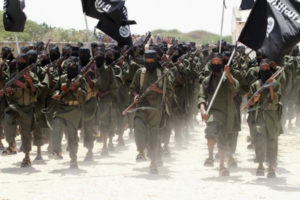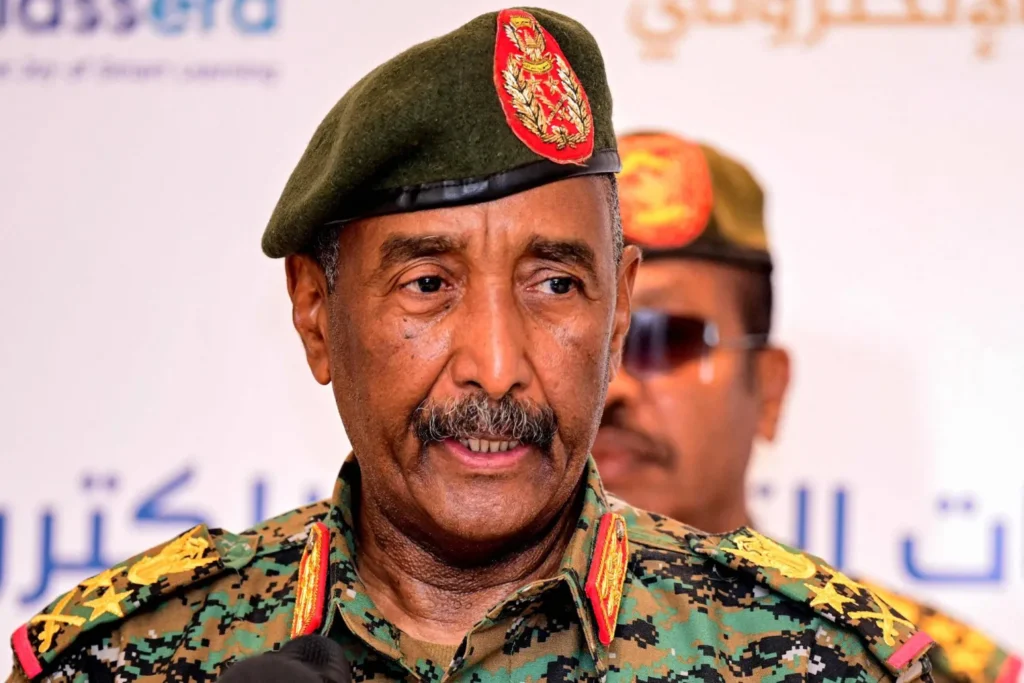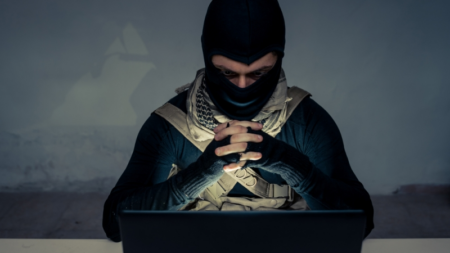Sudan under Burhan’s rule, Sudan has become an arena of political and economic failure, exacerbated by the instigation of civil wars and the fighting of Sudanese people against each other. What were Burhan’s plans when he assumed power, and what has become of Sudan today?
Who is Abdel Fattah al-Burhan, and how did he rise to power?
Abdel Fattah al-Burhan is a Sudanese with a military background. He comes from a devout Muslim family belonging to the Khatmiyya order, one of the Sufi orders in Sudan.
He joined the Military College as part of the 31st graduating class and underwent military training courses in Jordan and Egypt until 2018. He participated in several military operations with the Sudanese army, and al-Bashir promoted him from Lieutenant General to General in February 2018.
He was also appointed Inspector General of the Army and offered the position of governor of one of Sudan’s states, which he declined. Burhan’s role in Sudanese politics began to emerge when he assumed leadership of the Transitional Military Council after the ouster of Omar al-Bashir. He was sworn in on April 12, 2019, and appointed Mohamed Hamdan Dagalo “Hemedti” as his deputy. However, Burhan quickly demonstrated excessive force in his dealings with civilians in Sudan. On June 3, 2019, Sudanese military forces attacked the sit-in tents of protesters who were rejecting military rule, resulting in the deaths of 128 Sudanese and injuries to hundreds more.
In August 2019, as protests intensified in the Sudanese streets, the Sudanese military council signed an agreement with the coalition called the “Constitutional Declaration.” This document stipulated a transitional period during which the country would be governed by the “Sudanese Sovereignty Council,” composed of 11 members: five civilians and five military officers. Abdel Fattah al-Burhan was sworn in as its head before the judiciary on August 21, 2019. Later that same month, Abdalla Hamdok was appointed Prime Minister.
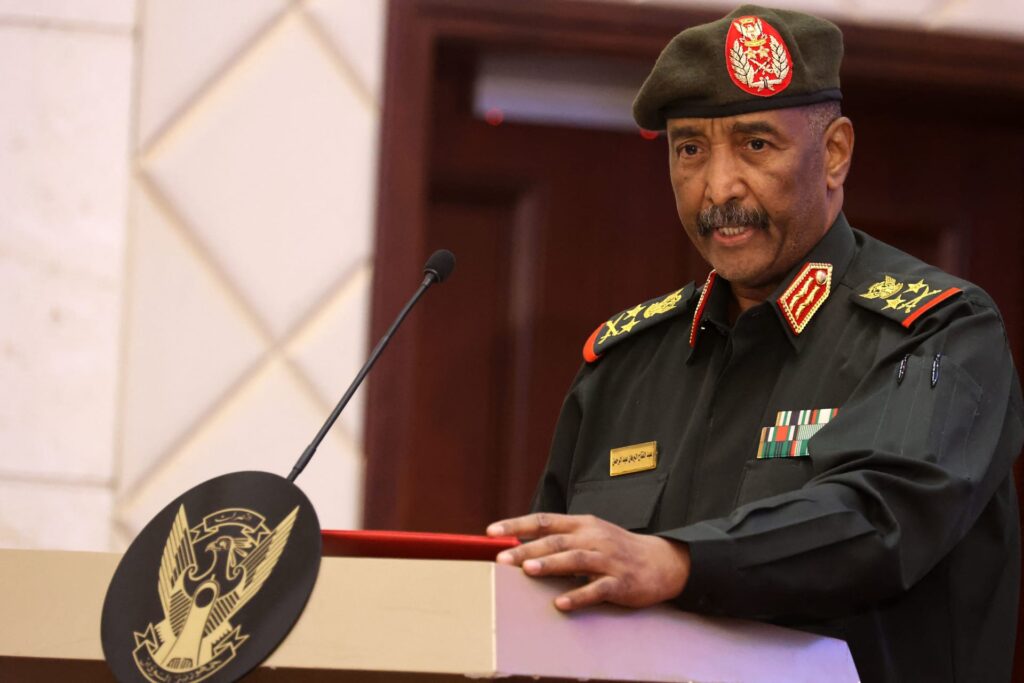
Sudan under Burhan’s Rule: The Beginning of Political Chaos
Sudan’s period of relative calm was short-lived. Sudan under Burhan’s rule, the country quickly descended back into political chaos. On October 25, 2021, Burhan dismissed the government of Abdalla Hamdok, declared a state of emergency, and dissolved both the Sovereignty Council and the Sudanese government. Not content with this, Burhan launched a widespread campaign of arrests targeting the Prime Minister, most of his cabinet members, and a number of media professionals.
The Sudanese streets have returned to demonstrations once again, as Sudan under Burhan’s rule, has not enjoyed much peace. The protests began with a demand to reject the military government, but Burhan then returned and agreed with Hamdok on a comprehensive national initiative in November 2021. The agreement stipulated the return of the government and the activation of the partnership.
The Beginning of the Military Crisis
In October 2021, a military rift emerged between Burhan and Hemedti. Hemedti was committed to supporting the demands of the Sudanese street, while Burhan began seeking international and regional support for his unilateral decisions, which were further inflaming the situation in Khartoum. The two men disagreed, and this marked the beginning of the military crisis. Sudan under Burhan’s rule became a vast battleground, with the conflict spreading to civilians and escalating into a civil war whose final outcome remains unknown.
Despite international mediation efforts, April 15, 2023, marked the beginning of the confrontation, and the current war erupted. The fighting initially began in the capital, Khartoum, and then spread extensively to Kordofan, Darfur, El Fasher, and other regions of Sudan. Brutality, targeting, and the brutal torture of civilians became widespread. Thousands have perished, and many civilians have been displaced. Despite Sudan’s significant global standing, the war continues, and with it, scandals continue to emerge under Sudan under Burhan’s rule.
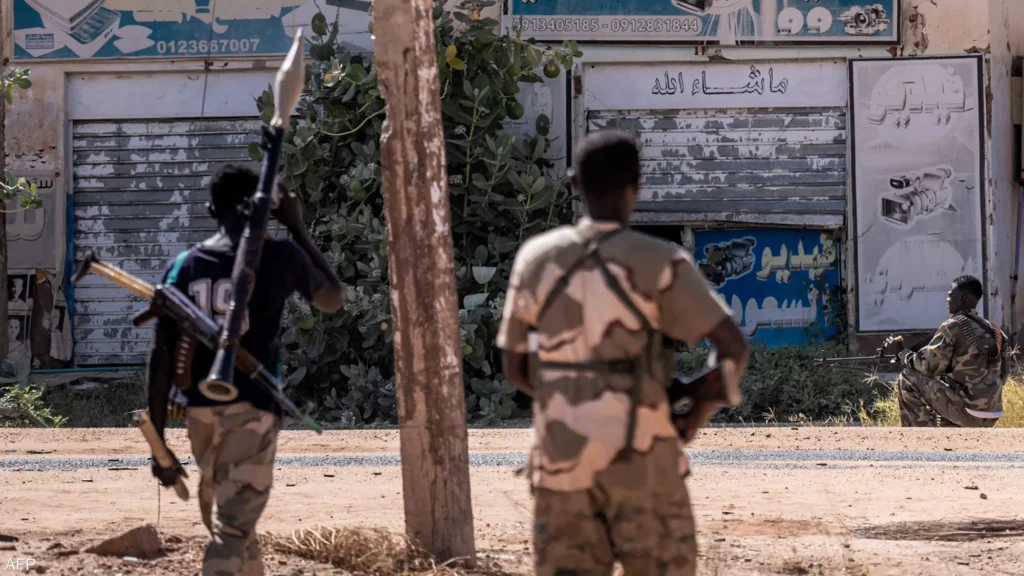
A Humanitarian Catastrophe with No Clear Solutions
The spokesperson for the UN Office for the Coordination of Humanitarian Affairs (OCHA), Jens Laerke, confirmed that millions of Sudanese are in dire need of assistance. He also noted that aid workers and civilians are being killed with impunity, and that sexual violence is rampant in the country. He called for guaranteed safe access for aid and support for international organizations.
Sudan under Burhan’s rule is experiencing a massive humanitarian crisis, the largest displacement crisis in the world, affecting more than 12 million Sudanese, according to UN estimates. Despite numerous international meetings on Sudan, all have largely failed, and civilians are ultimately being punished for this situation.
OCHA outlined seven key issues in its report that must be addressed in the humanitarian catastrophe in Sudan:
- A state of war that has persisted since April 2023, with no end in sight.
- Famine is ravaging North Darfur, particularly the Zamzam camp for internally displaced persons near El Fasher.
- More than half of Sudan’s population is suffering from acute hunger.
- This crisis is the world’s largest in terms of internal displacement.
- Civilians, especially women and children, are suffering horrific forms of violence.
- The United Nations and international NGOs are working with local organizations.
- Combating famine requires ensuring the urgent flow of aid and funding.
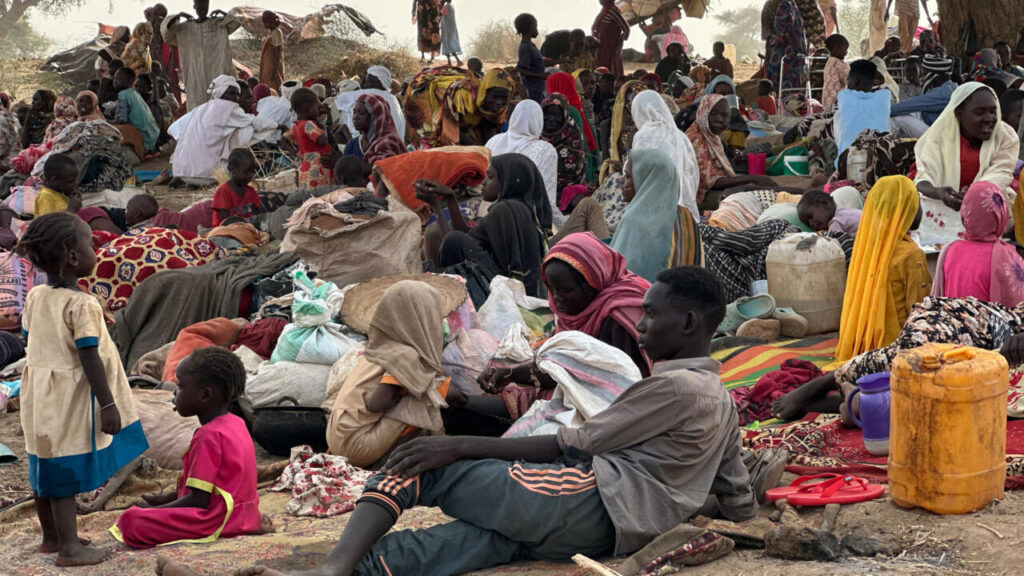
What does Burhan want after all this failure?
Sudan under Burhan’s rule has transformed from a land of plenty to a barren desert, from education to ignorance, from wealth to poverty, and from freedom of expression to a battleground for the opposition. So what does Burhan want from Sudan?
Read Also: Sudan Floods: Devastating Human and Material Losses Amid Growing Climate Challenges
In several media statements, Burhan clarified that he wants to hand over power completely, but this will only happen with an elected government. Here we see the extent of the marginalization he has inflicted on the civilian representatives who are supposed to be part of the power-sharing agreement.
Many media sources confirmed that what matters to Burhan at the moment is his wealth and influence, and what will happen if he leaves the sovereign position he currently holds. The matter is very intertwined and complex in Sudan, but how long will Sudan under Burhan’s rule remain in this tragedy? In the end, the voice of reason must be heard, and what serves the public interest must be done, so that Sudan can once again become a country of safety, security, and prosperity.


